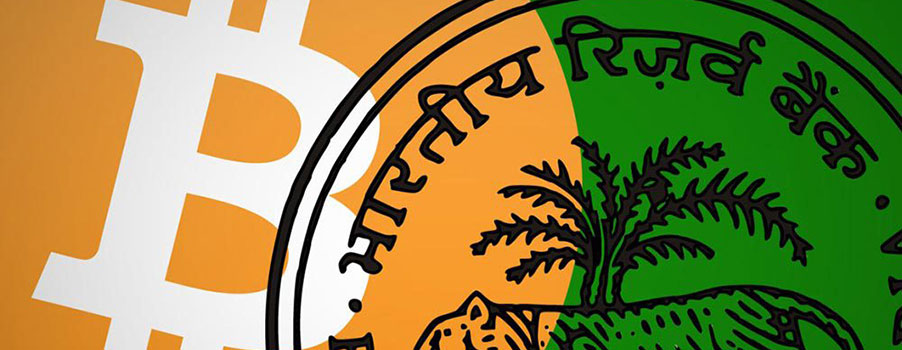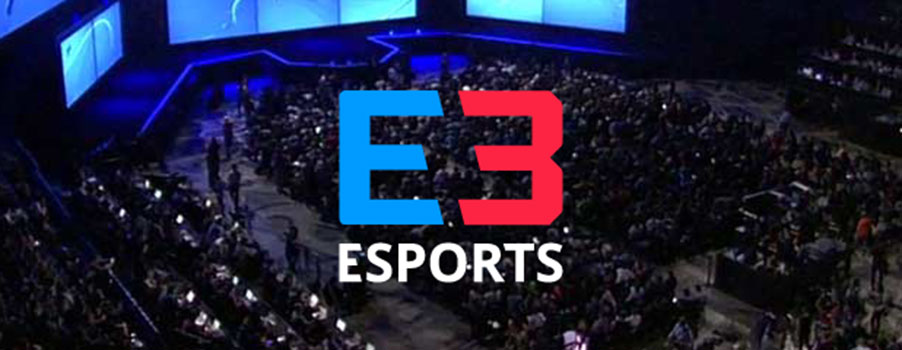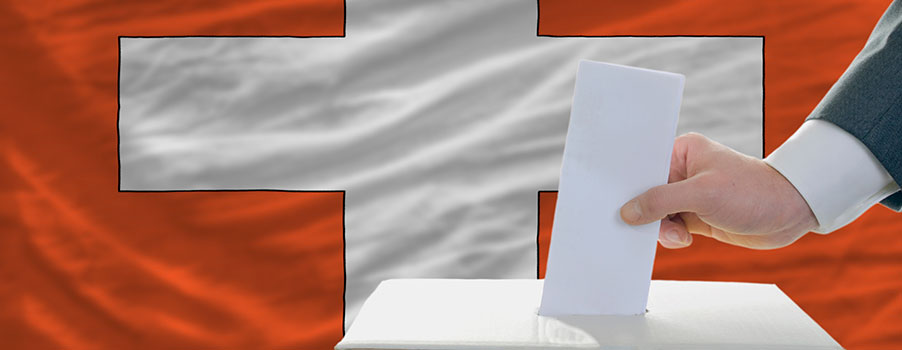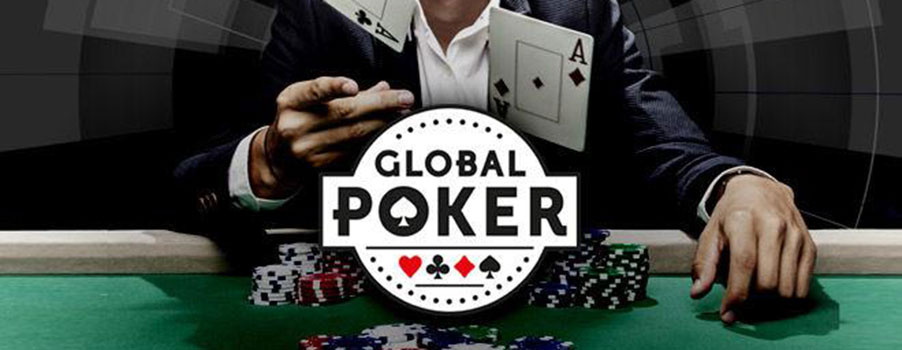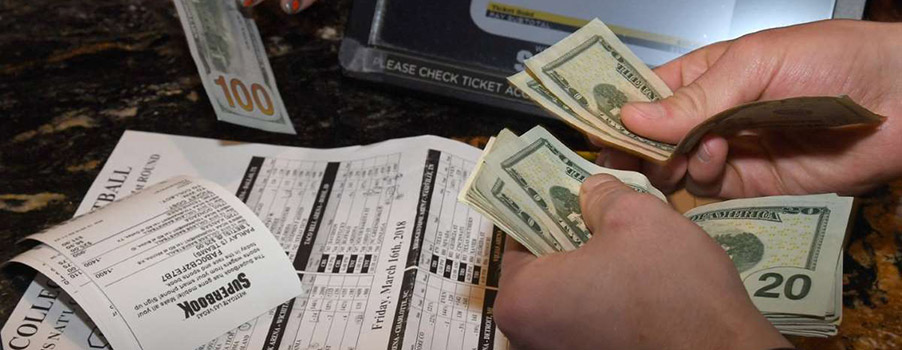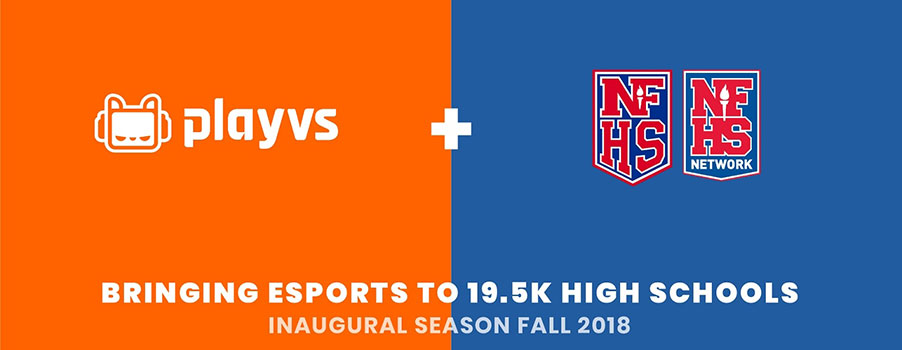Atlantic City’s Ocean Resort Casino is set to have its gaming license hearing on June 20, just eight days before its grand opening ceremony. The New Jersey Casino Control Commission which made the announcement requires the new owners of the former Revel Casino to obtain a casino license in order to offer gambling services at the renovated property.
Also set to open its doors on June 28 is Hard Rock Hotel and Casino Atlantic City that was formerly known as the Trump Taj Mahal and just sits just a few paces away from Ocean Resort. Unlike Hard Rock which managed to acquire the gaming license in May, Ocean Resorts is yet to be heard. During the June 20 hearing, the state regulators will meet with Ocean’s management to make sure that they are aware of the burden of operating a gambling establishment.
The hearing will begin at 1 pm local time with the gambling regulator adding that in case some issues remain unhandled by the end of the session then one more hearing will be held the following morning. On the other hand, if everything goes well Ocean Resorts will be granted the gambling license. This will be followed by a building inspection and operations tests, both of which have to be completed before the June 28 official launch date.
What’s In Store?
The Ocean Resort management team welcomed media representatives earlier this week to give the public a sneak peek of the renovated property. The casino will be operating a 138,000-square-foot casino with 2,000 slot machines and a decent number of table games, a spa, nightclubs, six pools and some other family-friendly entertainment facilities. Also on the menu will be over 20 dining facilities, 16 of which will begin operating as soon as the casino launched on June 28.
The gaming floor will further include a sportsbook that will be operating in conjunction with William Hill, a British bookmaker. This comes just in time after the United States Supreme Court ruling that paved the way for sports betting.
“This is the heart of our casino. This will create amazing energy. There’s nothing better than seeing a lively group cheering on their favorite team. The casino is supposed to be a fun, vibrant, exciting environment and often times the sportsbook is the heart of that excitement. I think that Atlantic City will benefit greatly from having that added experience to all of its casino resorts,” Ocean Resort advisor Seth Schorr commented on the casino’s sports betting offering.
As part of the grand opening, the casino will be throwing a huge celebration on the opening weekend. This will feature performances from Jermaine Dupri, Diplo, Sunnery James & Ryan Marciano, Kaskade and many other high profile artists. With Hard Rock’s opening weekend scheduled for the same time, Atlantic City is bound to light up with festivities that you cannot afford to miss.


